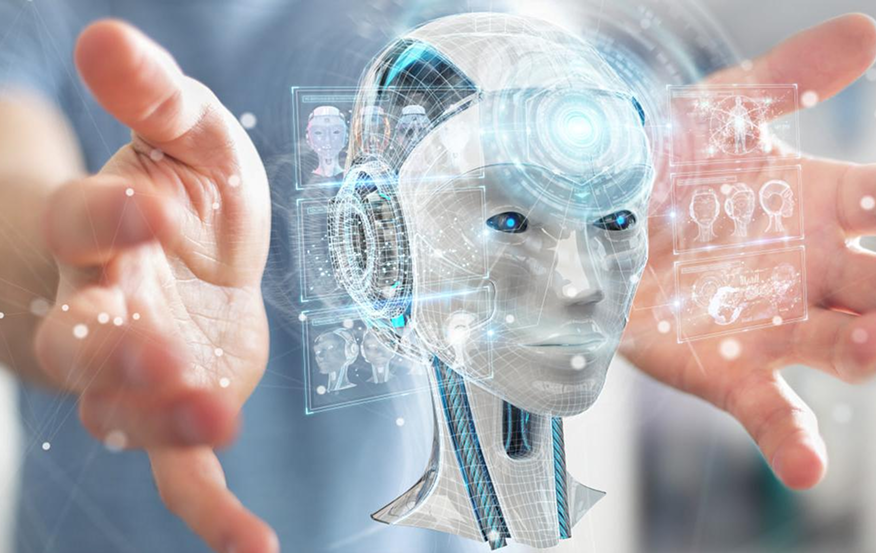Artificial intelligence (AI) has become one of the most transformative technologies of the 21st century, reshaping industries, public services, and everyday life. The United Kingdom is recognized as a global leader in AI research, development, and application. From pioneering algorithms in academic institutions to practical solutions in finance, healthcare, and urban planning, AI in the UK demonstrates both technological sophistication and societal impact. Exploring the current achievements and future prospects of AI in Britain provides insight into how the country is embracing innovation while addressing ethical, economic, and social challenges.
Advertising
1. Historical Context and Foundations
The United Kingdom has a long-standing tradition of technological and scientific advancement, and AI is no exception. British universities, such as the University of Cambridge, University of Oxford, and Imperial College London, have played a key role in foundational research, producing influential algorithms, machine learning models, and robotics innovations. Early AI research in the UK focused on symbolic reasoning, expert systems, and computational linguistics, laying the groundwork for modern developments in deep learning and neural networks.
Government initiatives and strategic funding have also fostered AI growth. Programs supporting research grants, innovation hubs, and public-private partnerships have created an ecosystem conducive to both academic exploration and commercial application. The UK’s AI sector has benefitted from collaboration between universities, startups, and multinational technology companies.
2. AI in Healthcare
Healthcare is one of the most promising areas for AI application in the UK. Startups and research centers are developing AI systems for diagnostics, treatment planning, and patient monitoring. Machine learning algorithms analyze medical images, detect patterns, and assist doctors in identifying diseases such as cancer or neurological disorders.
AI-powered predictive analytics help hospitals manage resources efficiently, forecast patient admissions, and optimize treatment schedules. Remote monitoring devices equipped with AI enable continuous patient care, supporting both elderly populations and individuals with chronic conditions. The integration of AI in healthcare not only improves patient outcomes but also reduces costs and enhances operational efficiency.
3. AI in Finance and Business
The UK, particularly London, is a global financial hub where AI is transforming banking, investment, and insurance sectors. Financial institutions employ AI for fraud detection, algorithmic trading, credit scoring, and customer service automation. Machine learning models analyze vast datasets to identify market trends, predict risks, and optimize investment strategies.
Startups in the fintech sector leverage AI to provide personalized financial advice, automate compliance tasks, and enhance user experiences. Natural language processing (NLP) technologies allow chatbots and virtual assistants to communicate with customers effectively, improving accessibility and efficiency. The adoption of AI in finance has strengthened the UK’s competitive position in the global market.
4. AI in Transportation and Urban Planning
AI is increasingly applied to transportation, mobility, and urban planning in the UK. Smart traffic management systems use AI to optimize traffic flow, reduce congestion, and improve public transport efficiency. Autonomous vehicle research is also active, with pilot programs testing self-driving cars and delivery robots in controlled environments.
Urban planning benefits from AI-powered simulations and predictive models that analyze population growth, energy consumption, and infrastructure needs. These tools help local governments design sustainable, efficient, and resilient cities. AI applications in transportation and urban planning reflect a broader commitment to technology-driven solutions that improve quality of life.
5. AI in Education and Research
Education and research institutions in the UK are integrating AI to enhance teaching, learning, and innovation. Adaptive learning platforms analyze student performance and provide personalized content, optimizing learning outcomes. AI-driven research tools assist academics in literature reviews, data analysis, and hypothesis generation, accelerating scientific discovery.
Moreover, AI is fostering interdisciplinary collaboration, bridging computer science with fields such as biology, linguistics, and social sciences. This integration expands the potential for innovative solutions across a range of sectors, from healthcare to environmental management.
